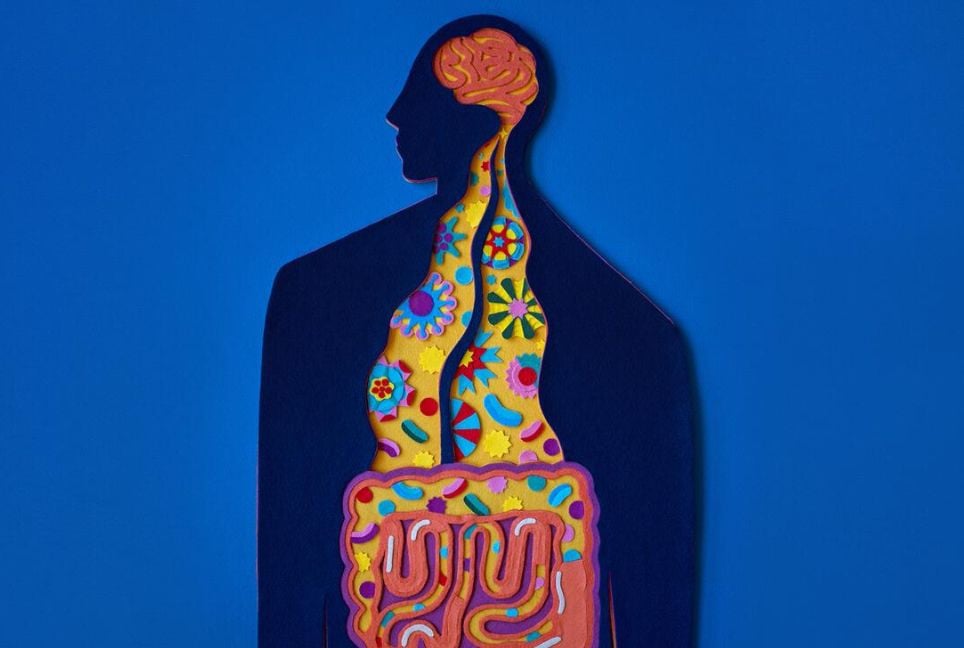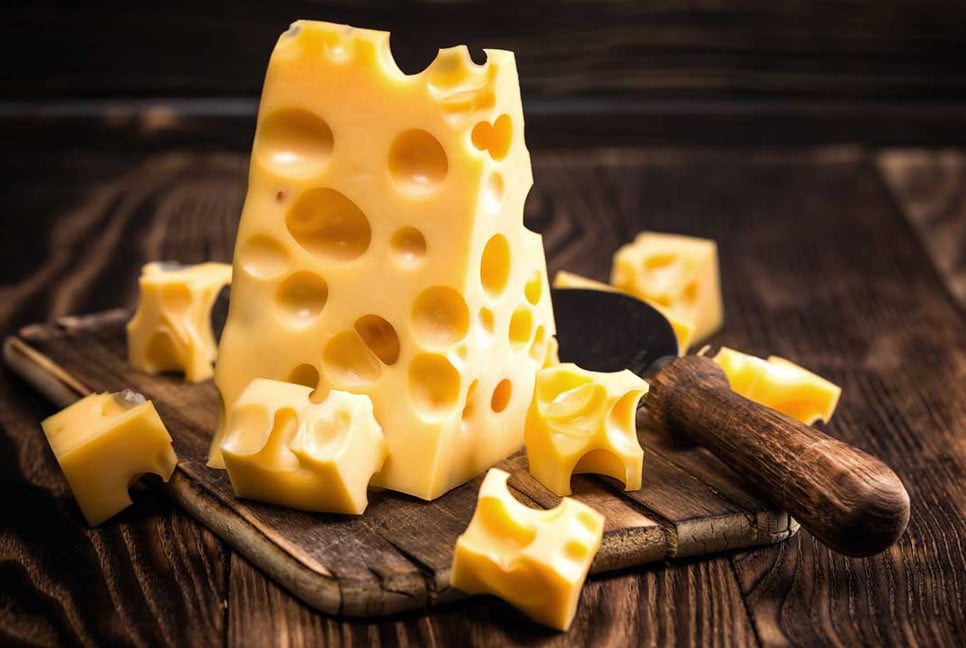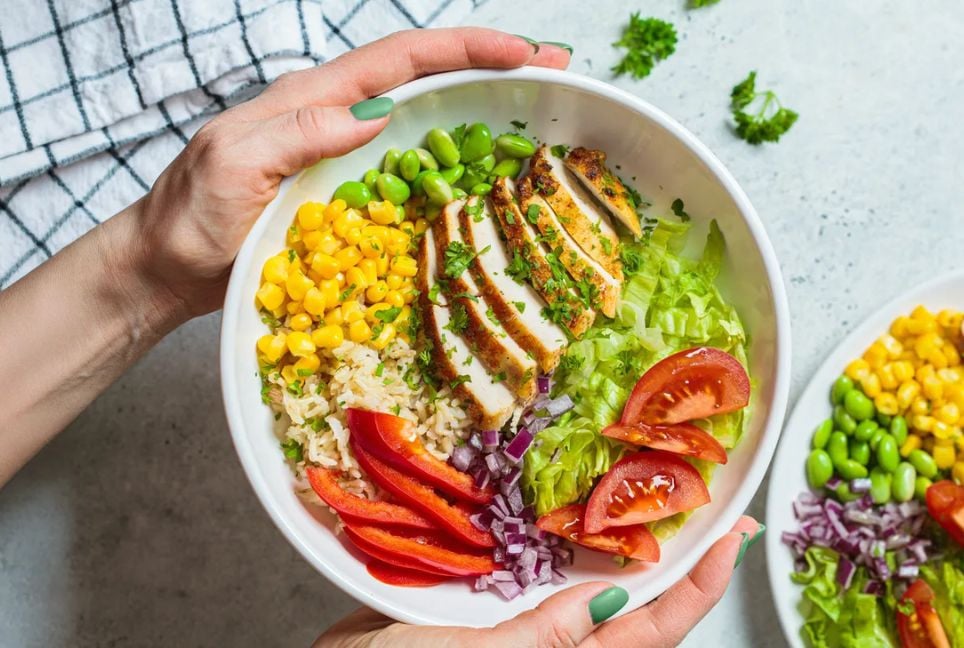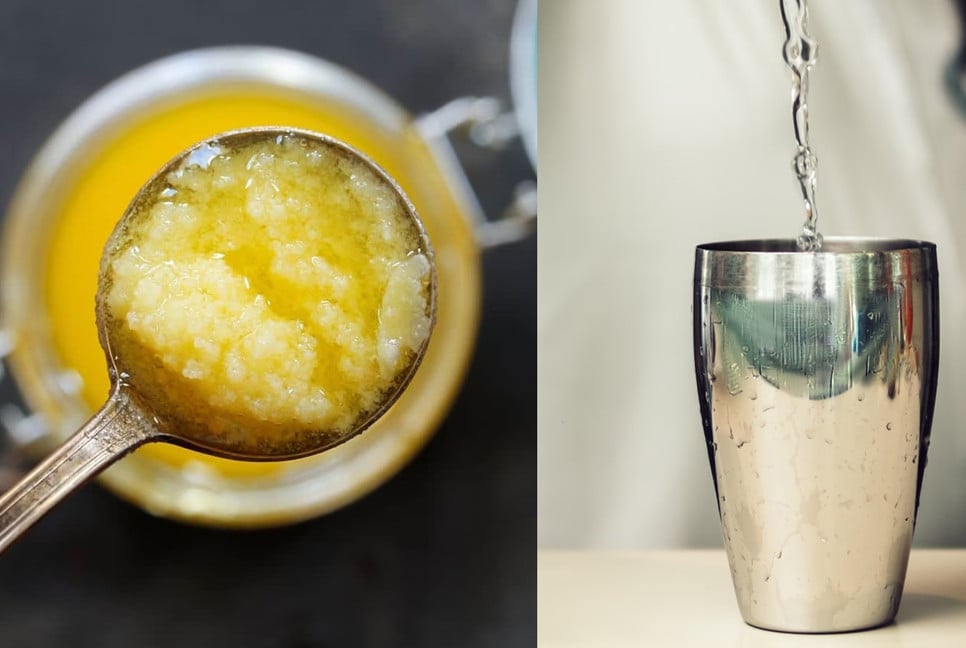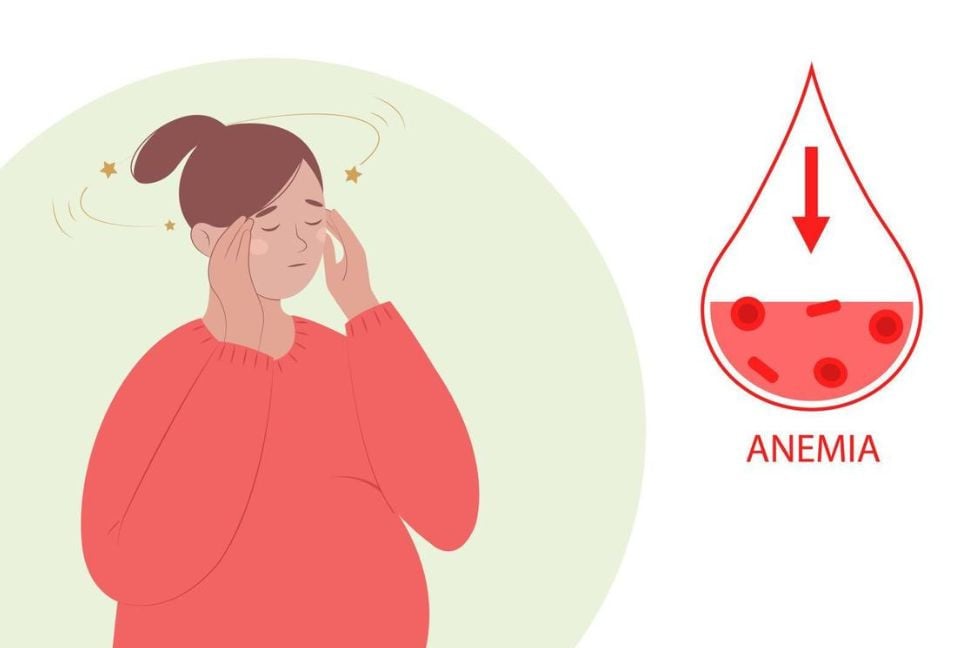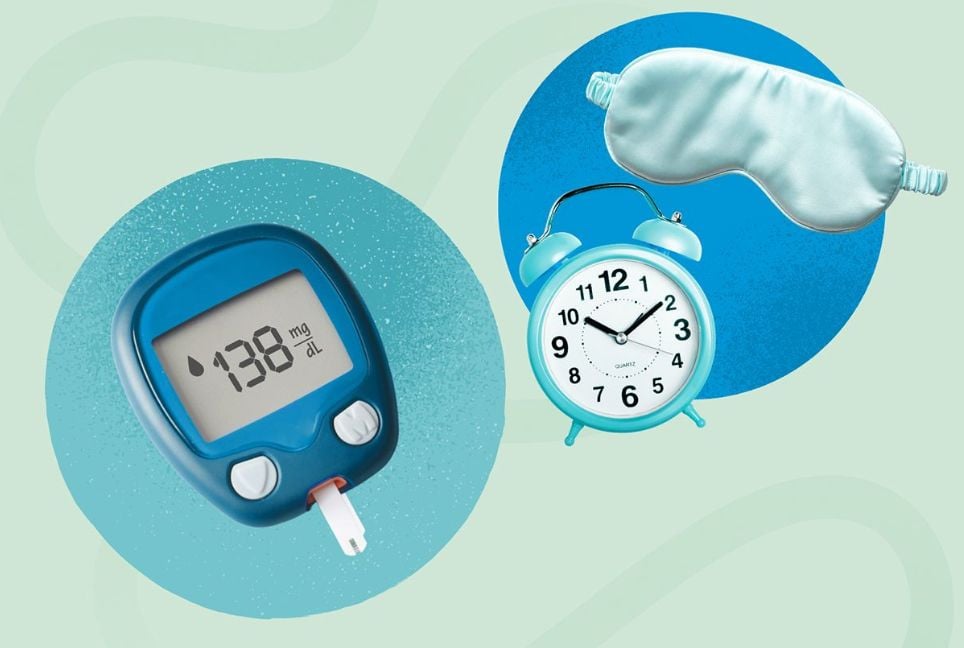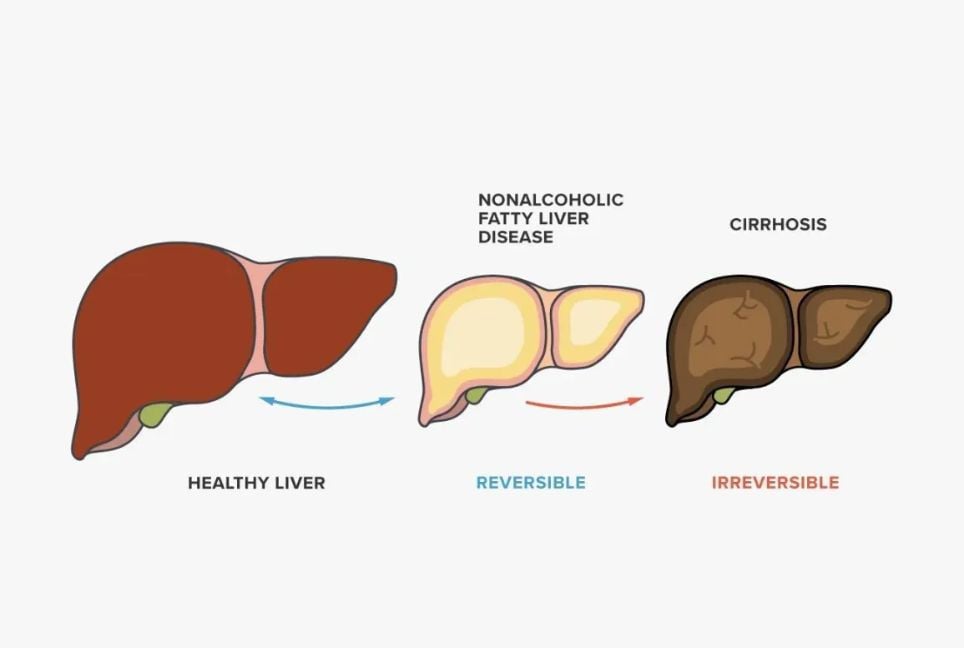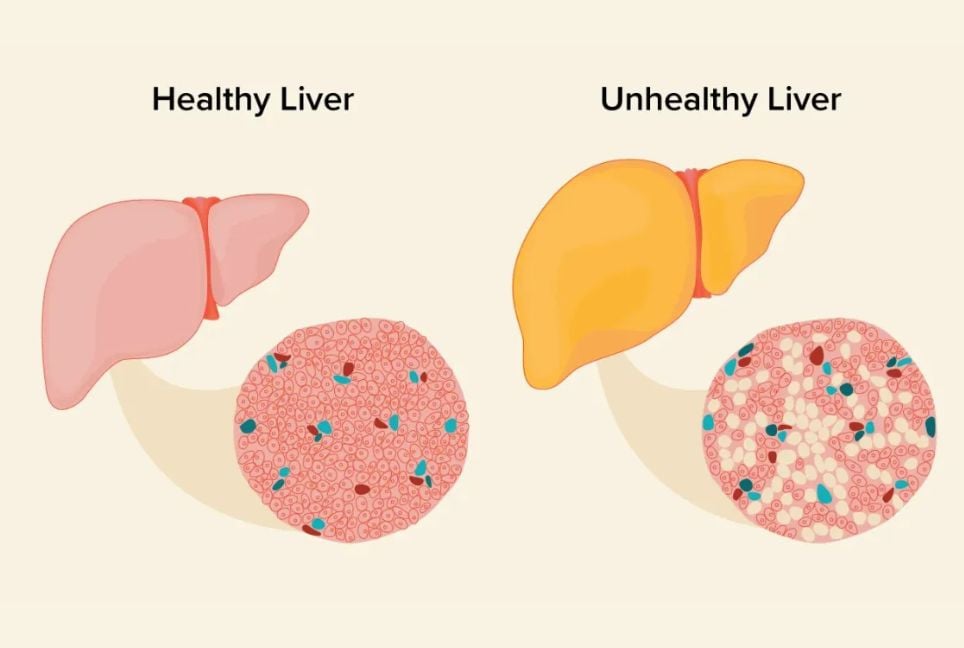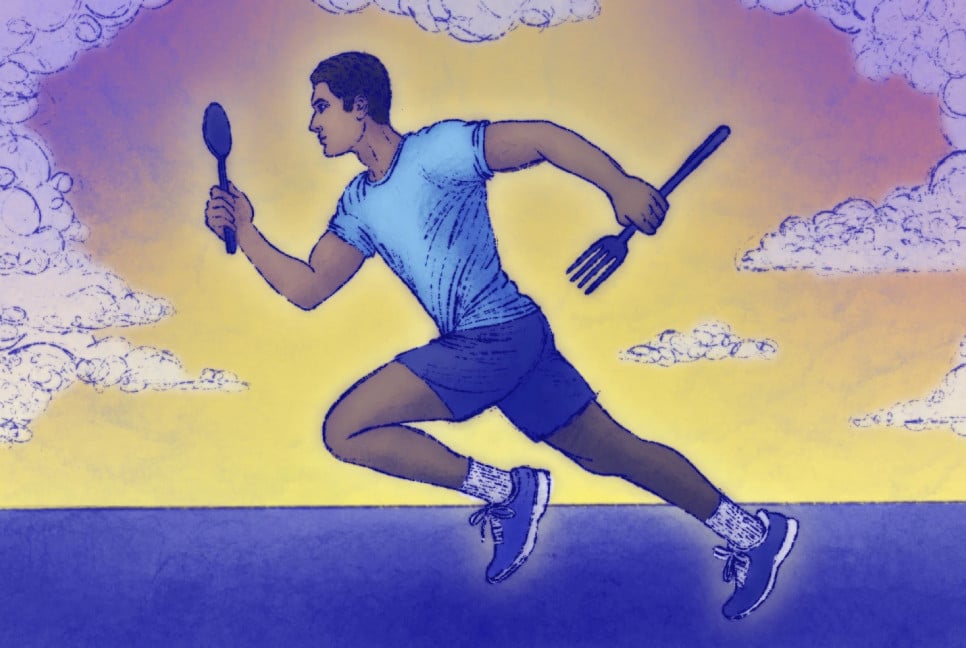New research from Duke-NUS Medical School and the National Neuroscience Institute suggests a surprising link between gut microbes and anxiety. The study, published in EMBO Molecular Medicine, found that microbial metabolites called “indoles” regulate brain activity related to anxiety. Could our digestive system hold the key to emotional well-being?
A rising mental health concern
Anxiety disorders are on the rise globally, with one in seven people in Singapore experiencing a mental health condition. In 2019, mental health conditions were among the top four leading causes of disease burden. While therapy and medication exist, alternative treatments are increasingly sought after.
gut bacteria: the missing piece in anxiety research?
Researchers observed that germ-free test subjects—raised without exposure to beneficial microbes—displayed heightened anxiety behaviors.
Their brains showed increased activity in the basolateral amygdala (BLA), a region responsible for processing fear and stress. Further analysis identified calcium-dependent SK2 channels, which typically regulate brain activity. Without gut microbial metabolites, these channels failed to function properly, leading to excessive neuronal activity and anxiety.
Can probiotics help reduce anxiety?
When researchers introduced live microbes into the test subjects, anxiety levels dropped significantly, mimicking those with normal gut bacteria. Furthermore, administering indoles—produced naturally by gut microbes—calmed overactive brain regions and reduced anxiety-related behaviors.
The evolutionary link between the gut and mind
Professor Sven Pettersson explained that the connection between gut bacteria and brain function may be evolutionary.
He noted that at birth, anxiety signals the need to eat for survival, and breast milk contains microbes that produce indoles. Additionally, plants generate indoles in response to stress and malnutrition, suggesting a universal biological mechanism.
A new era in mental health treatment
This research opens the door to gut-based anxiety therapies. Restoring beneficial gut bacteria through dietary changes, probiotics, or indole-rich foods may offer a natural way to reduce anxiety.
Professor Patrick Tan of Duke-NUS stated, “Our findings highlight the deep evolutionary ties between microbes, nutrition, and brain function. This research could benefit those with stress-related conditions or those unable to tolerate psychiatric medications.”
What’s next?
Scientists are now exploring clinical trials to test indole-based probiotics or dietary supplements as potential natural anxiety treatments. If successful, this could mark a new era in mental health care—one where a balanced gut supports a calmer mind.
Source: Hindustan Times
Bd-pratidin English/Fariha Nowshin Chinika

